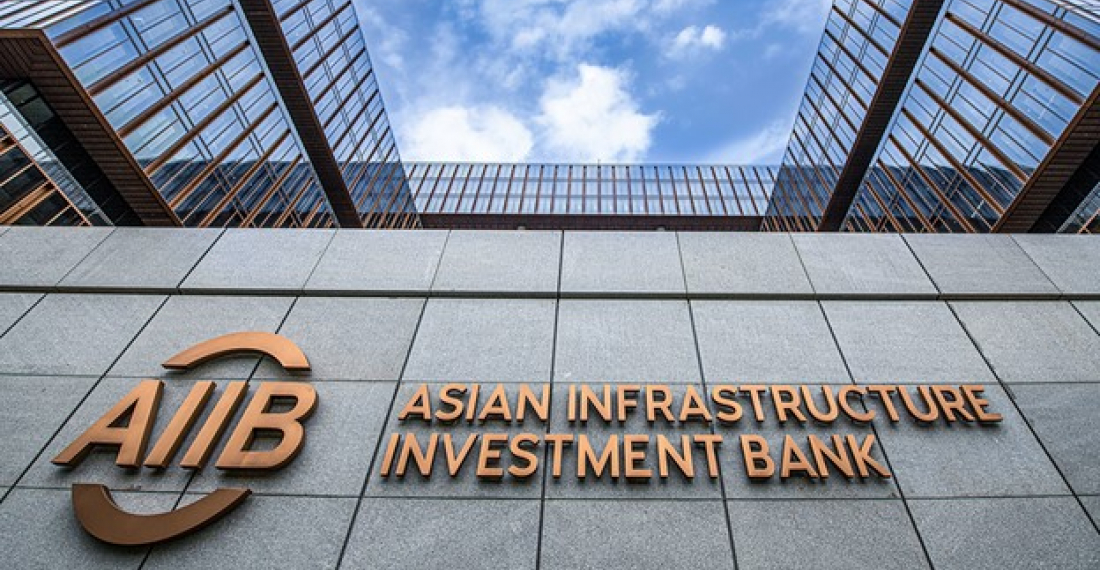The Asian Infrastructure Investment Bank (AIIB), on 3 March, decided to halt all current and pending business in Belarus and Russia due to the ongoing Russia-Ukraine conflict. This decision marks the first departure in the economic relationship between China and Russia.
The AIIB has an official stance of political neutrality, however, China is its largest shareholder and it was seen as part and parcel of the Belt and Road Initiative (BRI) when it started operations in 2016.
After Russia hinted at and started implementing measures to prevent capital flight, foreign companies and banks have tried to limit their exposure to Russia by pulling their investments out of the country altogether. The AIIB said, “We the management will do our utmost to safeguard the financial integrity of AIIB, against the backdrop of the evolving economic and financial situation”. While the bank lent $500 million to fund an infrastructure project in Russia in 2019, only 3% of the bank’s total loans are in Russian projects meaning its exposure to Russia is low.
The AIIB’s decision could signal increasing political pressure in China to decouple from Russia. The relationship between Russia and China, which China declared as having “no limits”, is under increasing scrutiny due to the conflict in Ukraine. The bank’s decision may show the ‘limits’ to the relationship between the two countries. On the other hand, as the AIIB has not invested heavily in Belarus nor Russia, the move may be a low-cost manoeuvre to remove itself from increasing western sanctions that are sending shockwaves throughout the region.
China has abstained from multiple United Nations votes condemning Russia, however, the Chinese government have said that they “deplore” the conflict and are trying to secure a ceasefire. The two governments succeeded in seeking closer ties, highlighted by the agreement around space, climate change, and artificial intelligence signed just before the start of this year's Beijing Winter Olympics. Nevertheless, there are signs that China is becoming increasingly uncomfortable with events in Ukraine. The decisions of banks, as well as companies, with links to China may be indicative of possible shifts in the Chinese position






